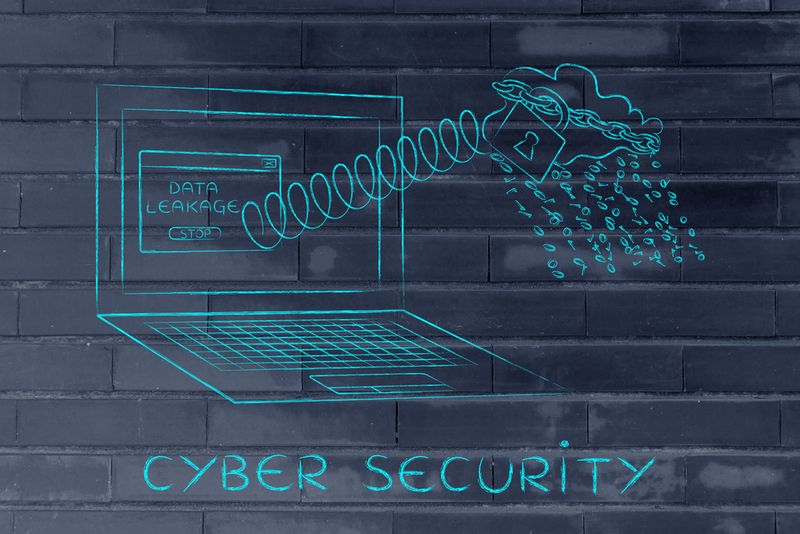
Protecting Your Computer From Ransomware
Ransomware cyber attacks are growing and it can happen to anyone, anywhere. The attacks can be on a personal computer or even take down an entire network at a hospital. Organizations posing as law enforcement, government agencies, banks, and credit card companies are using deceptive links and websites to install malware – which essentially holds all of your files ransom, encrypts and demands payment to restore them.
But this doesn’t have to happen to you. There are several very simple steps which can help safeguard you from attacks.
Anti-virus software – Every personal computer should have it. There are a lot commercial anti-virus software programs to choose from, and they are worth the investment. Once you have the software, make sure that it’s installed correctly with the most up-to-date version, that it’s always on, and that you have it set to alert you when there are updates to install.
If your computer does become infected and you don’t have an anti-virus program set up, you can install one to “clean” your computer, but you may need additional assistance to help restore your hard drive.
Anti-virus programs are equally, if not more important, for businesses – but because most businesses have software on their computers which prohibit users from downloading software it’s up to the company’s IT department to keep their users protected. Most business updates need to be done via a server to all their user’s computers and devices; this includes not only anti-virus software, but operating systems and third-party applications. Businesses should conduct security training for their users, as to what is and isn’t acceptable on company devices, including mobile ones. In addition, there should be computer usage, security, and security awareness policies in place.
Corporate IT departments need to routinely conduct risk assessments, as well as alert users of any new viruses or bogus and fraudulent emails that may be circulating.
Back up Everything, Frequently – It is essential that you are backing up your files on a regular basis. If you are hit with ransomware or any other type of virus and your computer and its files can’t be saved, you will have your backups to do a system restore or rebuild.
Consider The Cloud – Rather than keeping all of your files on a hard drive or server, consider moving bigger more important files to the cloud. Cloud storage will allow you to access your files remotely without the risk of them being infected by ransomware if your computer or server is hit.
Keep Everything Up-To-Date – It’s not just your anti-virus software that you need to keep updated. You should also keep your operating system and all of your programs updated with the latest versions. By keeping them updated you’ll be on top of any issues that may arise, as well as alerted to security warnings from the software manufacturers.
Avoid Suspicious Sites and Emails – If you are unsure of the sender, or an email comes with an attachment you aren’t expecting, delete it. Opening a suspicious email or clicking on a suspicious site could launch ransomware onto your computer.
It’s important that you make sure that all of your family, co-workers and employees know the risks of ransomware and how to protect themselves and that they should never pay the ransom. Not only is it feeding into criminal activity, but there is no guarantee you’ll get the encryption code promised to get full functionality back to your computer.

